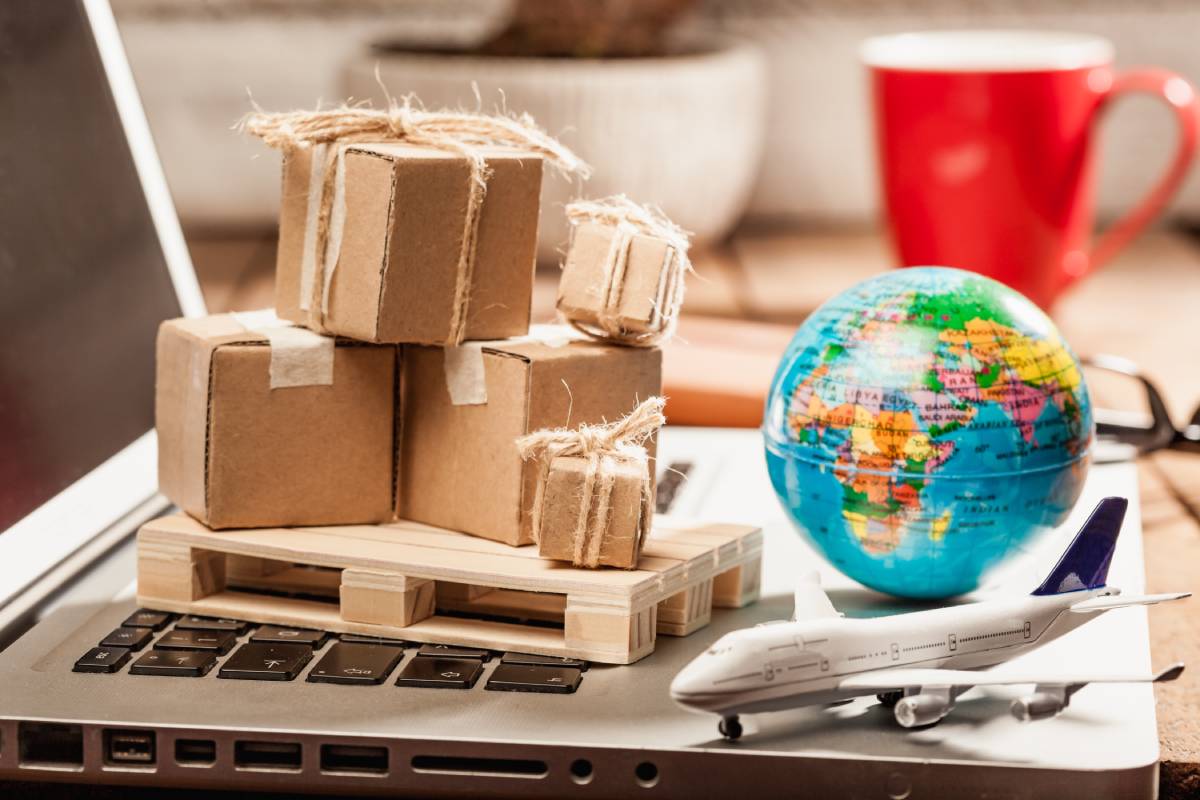Global Reach with Local Support
We recognise that international shipping can be a complex process. Let us assist you in navigating it, ensuring a seamless and enjoyable experience.

In the intricate world of global trade and supply chains, the term "logistics" is frequently used, but its full scope is often misunderstood. At Ocean Cargo, we define logistics, in line with the CEN standard, as: "The planning, execution and control: • of the movement and placement of people and/or goods • and of the supporting activities related to such movement and placement within a system organized to achieve specific objectives."
This definition underscores that logistics is far more than just moving goods from A to B. It's a strategic discipline encompassing every step required to ensure products reach their destination efficiently, safely, and cost-effectively. For businesses engaged in international trade, mastering logistics is not just an advantage; it's a necessity for success.
Ocean Cargo, with over 25 years of experience, acts as your strategic partner, simplifying these complex processes. We provide the expertise and hands-on approach needed to navigate the challenges of global freight forwarding, ensuring your objectives are met with precision and trust.
Breaking down the CEN definition reveals the three fundamental pillars upon which all successful logistics operations are built:
Effective logistics begins long before any cargo moves. The planning phase involves meticulous foresight and strategic decision-making. This includes:
Ocean Cargo's consultative approach ensures that every aspect of your shipment is meticulously planned, mitigating risks and optimising efficiency from the outset. For instance, when planning sea freight to Canada, we consider everything from vessel schedules to specific port requirements.
Once the plan is in place, the execution phase involves the practical implementation of all planned activities. This is where the physical movement of goods occurs, alongside a myriad of supporting tasks:
Ocean Cargo's experienced team manages these intricate details, ensuring seamless execution and proactive problem-solving throughout the journey.
The control phase is about oversight and responsiveness. It involves continuously monitoring the logistics process against the initial plan and making adjustments as needed. Key aspects include:
With Ocean Cargo, you benefit from transparent communication and proactive management, ensuring that your cargo is always on track and any potential issues are swiftly resolved. This is especially vital for complex projects like shipping wind turbine components to Australia.
The CEN definition further elaborates on the "what" of logistics, highlighting two critical components:
This is the most visible aspect of logistics – the physical transportation of items from origin to destination. It encompasses:
Ocean Cargo excels in international freight, offering tailored solutions for businesses looking to expand their global reach. Our expertise ensures that whether you're importing or exporting, your goods are moved and placed precisely where they need to be.
Often overlooked, these activities are the backbone of efficient logistics. They include:
At Ocean Cargo, we understand that these supporting activities are just as crucial as the physical movement. Our integrated approach ensures that every detail is managed, providing a seamless and stress-free experience for our clients.
In a world where supply chains are increasingly complex and volatile, partnering with a reliable and experienced freight forwarder is paramount. Ocean Cargo offers:
We pride ourselves on being more than just a service provider; we are a strategic partner dedicated to simplifying your global logistics and helping your business thrive. Our hands-on approach and commitment to integrity ensure that your cargo is in the safest hands.
Logistics is a component of supply chain management. Logistics focuses on the efficient movement and storage of goods, from origin to consumption. Supply chain management is a broader concept that encompasses all activities involved in sourcing, procurement, conversion, and logistics management, integrating these functions to create a seamless flow of products, services, and information.
Incoterms (International Commercial Terms) are crucial in logistics as they define the responsibilities of buyers and sellers for the delivery of goods under sales contracts. They specify who is responsible for paying and managing the shipment, insurance, documentation, and customs clearance. Understanding Incoterms is vital for accurate planning and cost allocation in international freight, and Ocean Cargo provides expert guidance on their application.
The main modes of transport include sea freight (for large volumes, cost-effective), air freight (for urgent, high-value goods), road freight (for domestic and continental European distribution), and rail freight (for heavy, bulk cargo over long distances). Often, a combination of these modes (intermodal transport) is used to optimise efficiency and cost.
Technology has revolutionised modern logistics. It enables real-time tracking and tracing, automated warehousing, predictive analytics for demand forecasting, route optimisation software, and enhanced communication platforms. These advancements lead to greater efficiency, reduced costs, improved visibility, and better decision-making across the entire supply chain.
We recognise that international shipping can be a complex process. Let us assist you in navigating it, ensuring a seamless and enjoyable experience.

Shipping Info
Shipping Terms